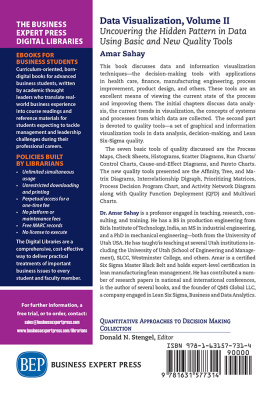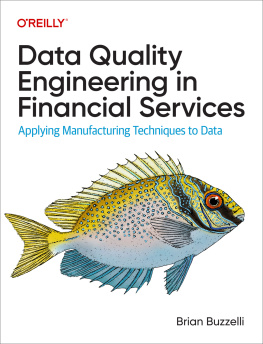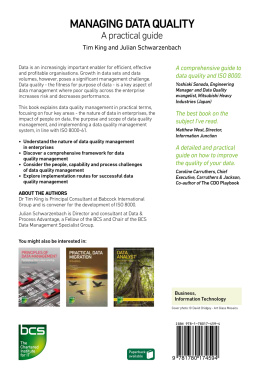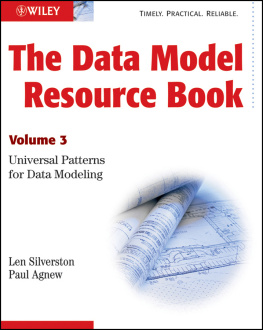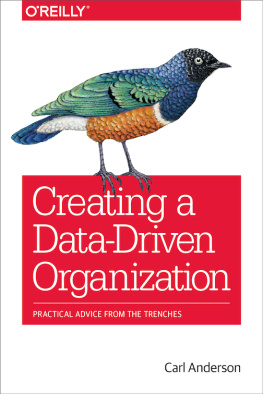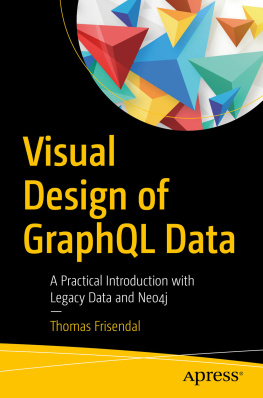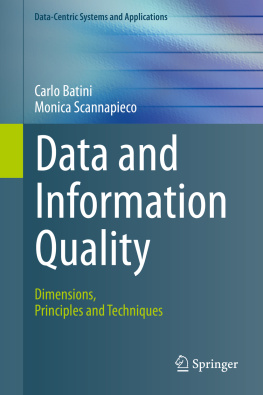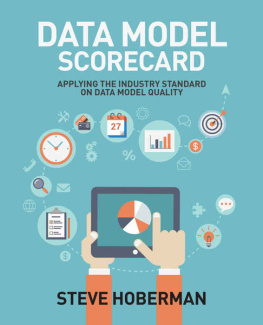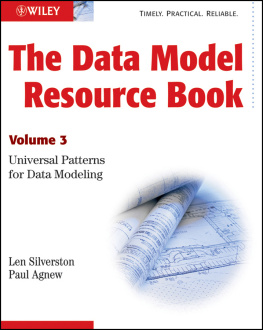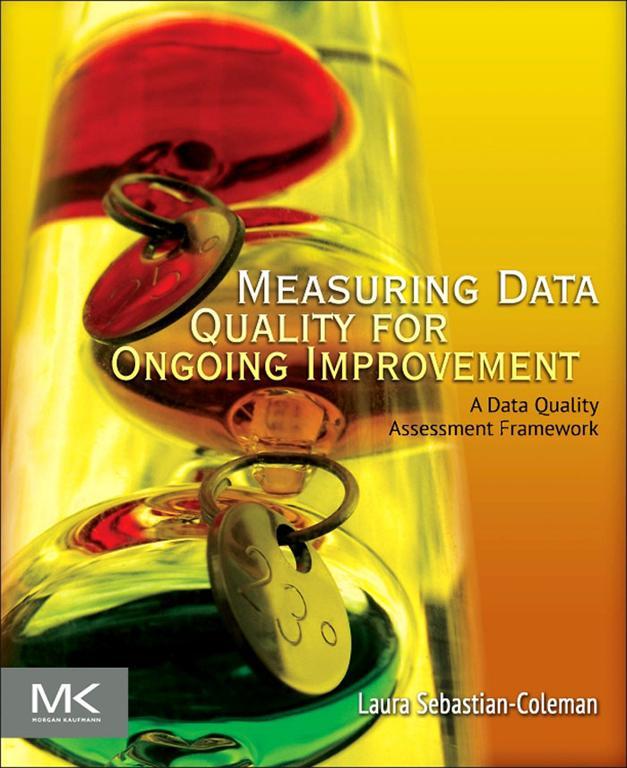Acknowledgments
O Lord, that lends me life,
Lend me a heart replete with thankfulness!
William Shakespeare, Henry VI, Part II (1591)
Writing a book is at once a very personal and a very social experiencepersonal because you spend a lot of time in your own head, sorting through ideas and tossing around words that give those ideas a shape; social because you realize how much of what you know, understand, and accomplish depends on other people.
I am grateful to Andrea Dierna and Heather Scherer at Morgan Kaufmann for the opportunity to do this project and for the unrealistic deadlines that ultimately made it a reality. And to Alan Studholme and Anitha Kittusamy Ramasamy for their work in finalizing the end product.
Many people at Optum and UnitedHealth Group provided direct and indirect input to the framework: Dave Albright, Jeff Alexander, Derryl Bell, Morgan Berkus, Danita Born, Toni Bozada, Linda Briere, Tanya Bruzek, Tom Carey, Nancy Couture, Laura Cullen, Karen Davis, John Drake, Sharon Ehrlich, Jerry Enright, Dave Fallert, Bill Franzen, Celia Fuller, Lisa Groothausen, Rick Hauritz, Joe Herron, Lisa Hodne, Rose Knott, Shawna Jarzabek, Jon Lindquist, Jim Locke, Michelle Love, Peggy Magness, Eric Mellum, Vinnie Mercer, Cheryl Middlekauff, Roselle Monsalud, Kathi Mohr, Bob Naughton, Steen Poulsen, Jim OConnell, Pam Opulski, Omkar Patel, Krishna Reddy, Jim Reitter, Sara Rekow, Janice Richardson, Ansh Sarkari, Roy Scott, Varjesh Shah, John Shin, Dave Stumpf, Ralph Tartaglione, Barb Turner, and Diana Walter. Including the current UDW and UCG-DQAF implementation teams: Jim Aronson, Debasis Acharyya, Vignesh Asaithambi, Sreeni Barla, Nagender Bethy, Mary Ellen Cash, Igor Gitlevich, Kishore Kolanu, Bhuvanesh Kumarsomu, Dan Pahl, Anand Ramasamy, Bhanu Rayapaneni, Kanwar Singh, Kurt Skepper, Ron Smith, Vijay Tadepalli, Bindu Uppuluri, and Bill Wood. I sincerely hope I have not missed anyone.
In particular I am grateful to Tim Holt for encouraging me to formulate these ideas into a framework and for providing valuable feedback on the white paper that grew into this book; to the original DQAF team: Rich Howey, Greg Kozbauer, Gary Mersy, and Susan White; to Donna Delvecchio for her work on the Galaxy implementation project that made me see aspects of the framework I had not originally recognized; and to Kent Rissman for his insight, feedback on the manuscript, and continuous encouragement of the project. Special thanks to Eric Infeld, for launching me on my data quality journey, providing feedback and insight on the manuscript, and engaging with me in an ongoing conversation about data quality over the last nine years.
Optum Insights generosity has enabled me to attend conferences at which I have been exposed to leading thinkers and my fellow practitioners in the field of data quality. This book has grown from seeds planted at the MITs International Conferences on Information Quality and Industry Symposia, as well as IAIDQ and DGO conferences. Through these events, I have learned from extremely smart, engaged people who work hard to make data better. My thanks to David Loshin, Danette McGilvray, Tom Redman, and Lwanga Yonke, all of whom generously provided feedback on the proposal and manuscript. I cannot thank Danette enough for her overall encouragement of this project, her close and thoughtful reading of the manuscript, and her friendship. Any errors or omissions are my own.
I am fortunate also to have had encouragement and support from my friends and family.Mom, Dad, Karen, Maura, Lisa, Amanda, thanks for your well-timed phone calls and encouragement. My sister-in-law, Virginia Janzig, and her husband, Dick Janzig, closely read the manuscript and shared their expertise in writing as well as decades worth of experience in the information technology industry. My husband, George, and my children, Janet and Richard, put up with my late nights, early mornings, and occupied weekends with no complaints and complete confidence in my ability to finish. Thanks, guys.
Foreword
It was in 2007 that I first became aware of Laura Sebastian-Coleman. While listening to her comments in a general session at the MIT Information Quality Industry Symposium, I noted what an articulate person she was. That first impression has not changed and has strengthened over time. The following year at MIT we met directly when we were both invited to present at the conference. Once again I was impressed by her thoughtfulness and ability to express her ideas clearly and coherently. We continued to interact at subsequent conferences at MIT and for IAIDQ (International Association for Information and Data Quality). Each time I looked forward to hearing about her data quality accomplishments in the health care sector. With this book, now all of us have the opportunity to learn from her.


